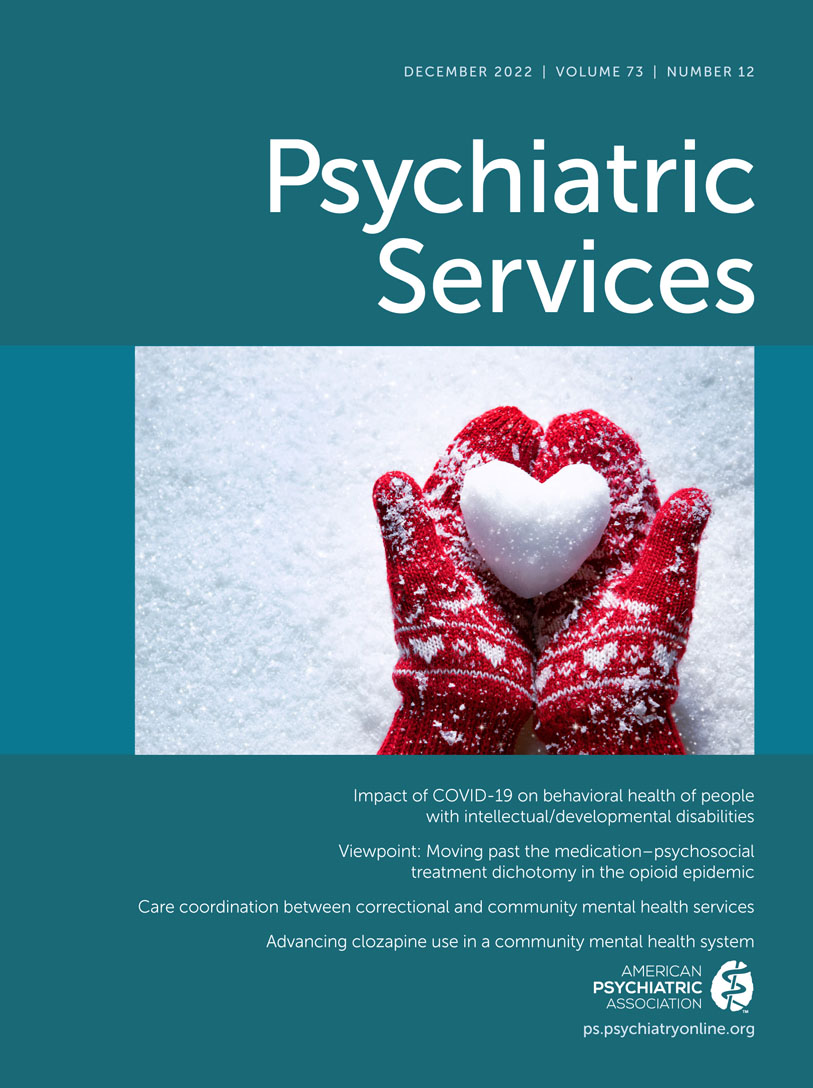Differential Impact of COVID-19 on the Use of Tele–mental Health Among Veterans Living in Urban or Rural Areas
Abstract
Objective:
The authors examined the use of Veterans Affairs Video Connect (VVC) for mental health care by rural and urban veterans and the impact of the COVID-19 pandemic on patterns of VVC use.
Methods:
Data from 557,668 rural and 1,384,093 urban veterans (collected July 2019–October 2020) from the Veterans Health Administration Corporate Data Warehouse were examined with interrupted time-series models to determine rural versus urban VVC use before and during the initial 7 months of the pandemic.
Results:
Before COVID-19, rates of VVC use as percentages of all mental health care were higher among rural veterans. After implementation of pandemic restrictions, rural veteran VVC use continued to increase, but this increase was surpassed by that of urban veterans.
Conclusions:
These findings highlight the need to monitor emerging disparities in telehealth use and to encourage and support use of VVC and access to mental health care for all veterans, particularly those experiencing barriers to care.



